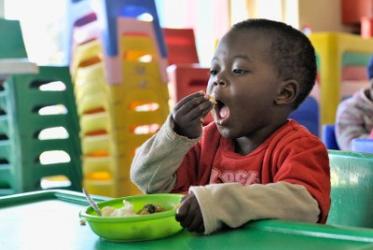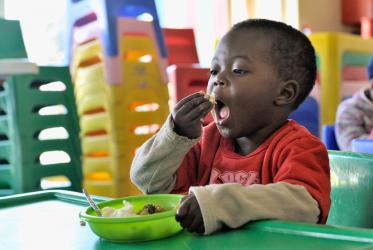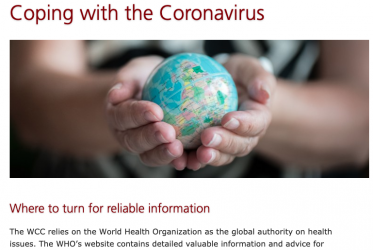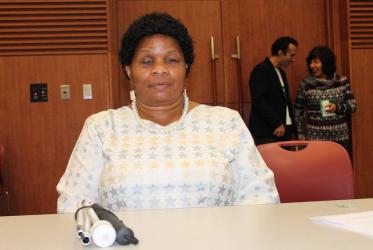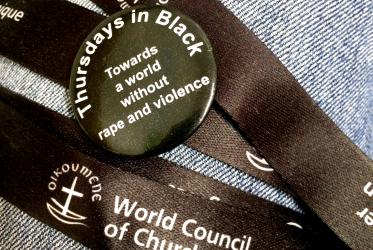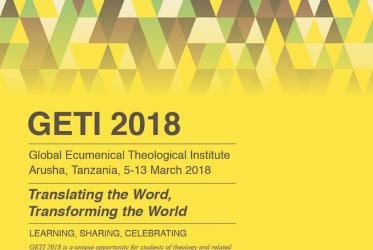16 June 2017
On 16 June 2017, the World Council of Churches Ecumenical Advocacy Alliance in partnership with the Kenya chapter of the International Network of Religious Leaders Living with or personally affected by HIV and AIDS (INERELA+ Kenya), along with many other organizations, is coordinating an event to highlight country-led action backed by global support. Religious leaders and leaders of faith-based organizations will remind governments of their commitments agreed in the June 2016 United Nations’ Political Declaration on HIV and AIDS that there should be “special emphasis on providing 1.6 million children (0-14 years of age) with antiretroviral therapy by 2018.”
Nairobi, Kenya



